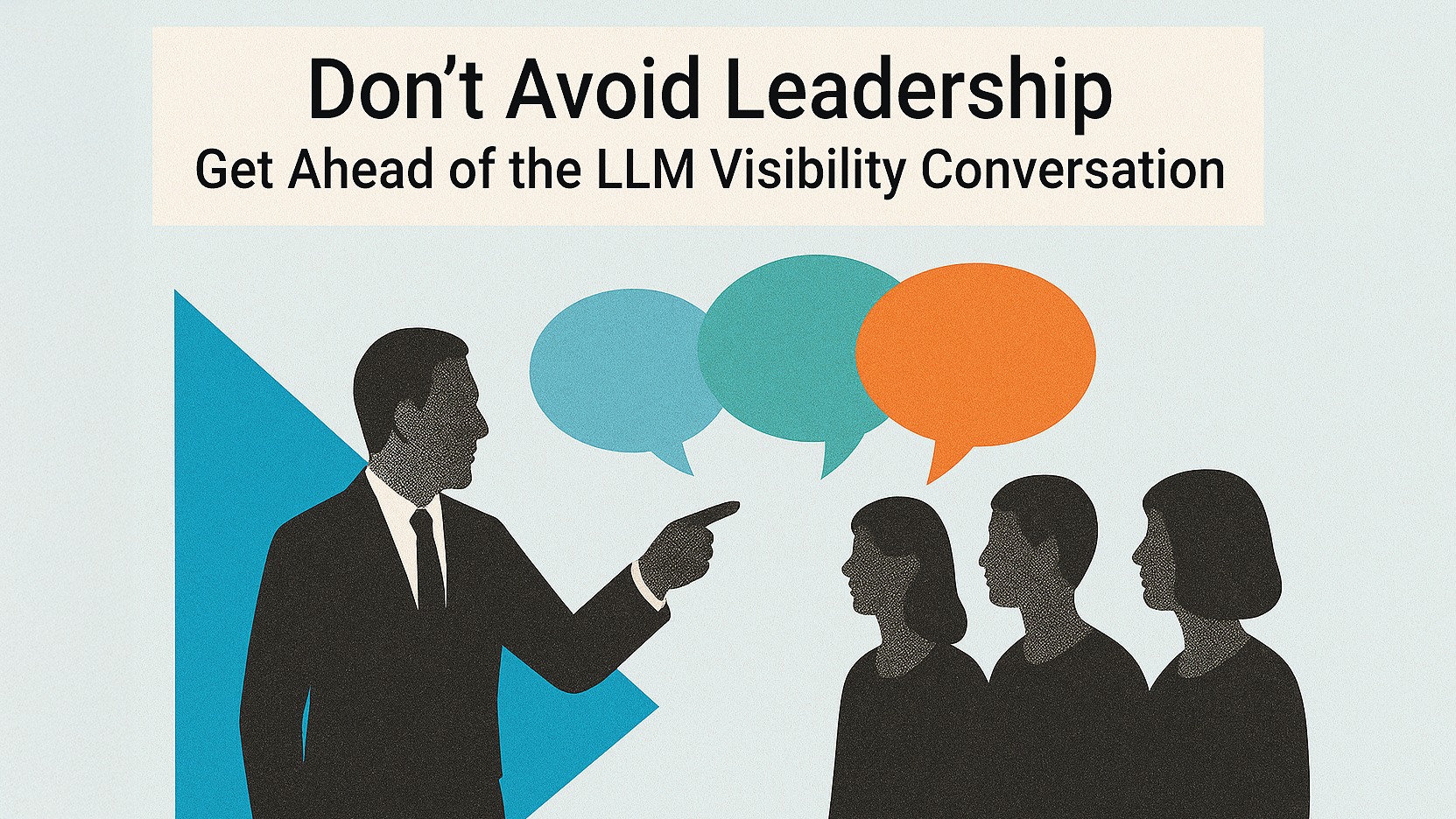HubSpot’s SEO collapse: What went wrong and why?
Organic traffic has dropped big time for HubSpot, considered by many to be the gold standard of B2B vendor blogs.
Hubspot’s SEO strategy is the talk of the SEO and marketing world today. Why? Just look at this image:

Organic traffic appears to have declined sharply, dropping from 13.5 million in November to 8.6 million in December, according to Semrush (disclosure: Search Engine Land is a Semrush company). HubSpot’s blog seems to have taken most of the impact.
It may be that Google wants to stop rewarding websites that publish content outside their area of expertise – that lack depth and topical authority on. The type of content that is more geared toward getting Google organic traffic than being written for people. What Google might call “SEO-first content” (or helpful content).
Some of the topics seeing huge declines for HubSpot appear to be blogs about famous quotes, writing a resignation letter, and cover letter examples.
Why we care. SEO just keeps getting harder. HubSpot, for years, executed a masterful content strategy that was emulated by countless other brands and websites. For years, it was considered by many to be the gold standard of B2B vendor blogs. Now, it appears that SEO playbook is no longer working, likely due to a combination of Google core updates and AI Overviews. Reminder: Think depth, not breadth.
Zoom out. Google released a pair of algorithm updates – the December 2024 core update and December 2024 spam update. Also, the November 2024 core update completed its rollout on Dec. 5 – exactly one week before the December core update began.
SEO reactions. Some SEOs are blaming the huge traffic drop on HubSpot’s lack of topical authority, while others pointed to possible “thin content” issues. Here’s a sampling of some of the reactions to the news of HubSpot’s SEO results falling off a cliff:
Taylor (Berg) Chapa, group manager, web strategy and experience at Headspace, had a great thread on X, some highlights:
- “I don’t want a [mental health] company to rank for ‘why do I feel funny when I’m in love’ or ‘Thanksgiving’ or ‘love quotes’ that’s not a good use of resources and we weren’t the site for that.”
- “Our largest competitor was focusing so hard on traffic that they couldn’t even rank for MH keywords. And they still don’t. and it’s all because they have a ‘traffic at all costs’ keyword strategy.
Gemma Brunson wrote on X:
- “So about that massive drop to the HubSpot blog… just look what they’ve been publishing. They deserve the wreckage for being such lazy SEOs and content marketers!”
Chris Long had an interesting analysis of HubSpot’s blog traffic on X.
Adam Ryan, CEO of Workweek, wrote on X:
- “If this is true, this is very bad for companies who deeply depend on SEO. HubSpot has one of the very best blogs, invests heavily in that content, and has for a decade+. If they can’t…”
Gaetano Nino DiNardi, a growth advisor, posted this on LinkedIn:
– The game has changed. No one is safe, not even a mega brand like HubSpot.
– Google doesn’t really want you publishing topics that are ‘too far astray’ just for the sake of getting traffic.
– Why publish these topics anyway? Extreme top of funnel is not worth it.
– Is this really hurting HubSpot? I think yes, because crappy content targeting irrelevant keywords unfortunately drags down the performance of everything else, even the good pages.
Dig deeper. The art of subtraction: How to do more with less in SEO
Search Engine Land is owned by Semrush. We remain committed to providing high-quality coverage of marketing topics. Unless otherwise noted, this page’s content was written by either an employee or a paid contractor of Semrush Inc.


